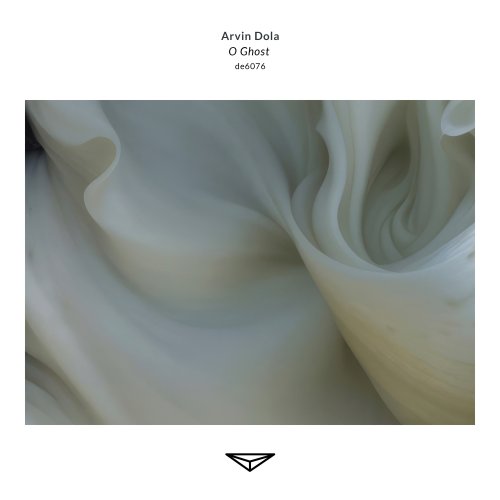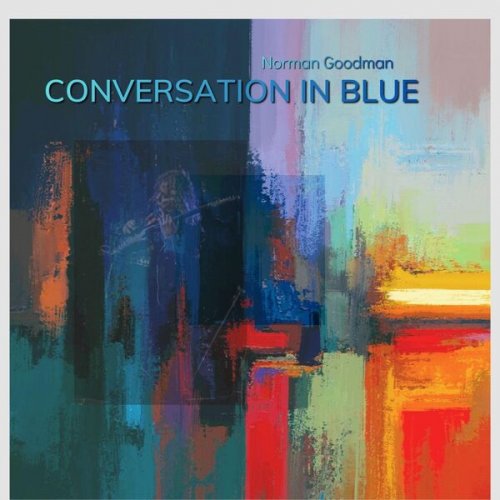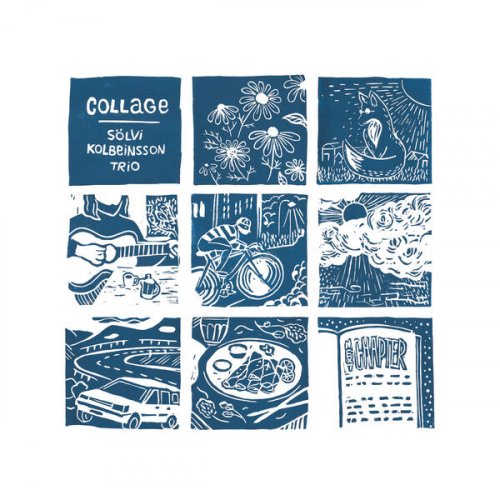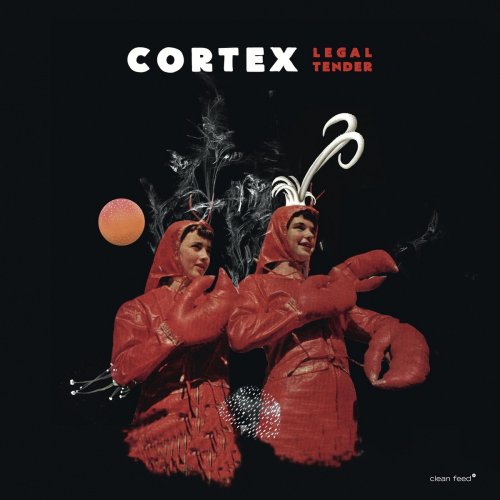Arvin Dola - O Ghost (2025) Hi Res

Artist: Arvin Dola
Title: O Ghost
Year Of Release: 2025
Label: Dragon's Eye Recordings
Genre: Ambient, Experimental
Quality: 320 kbps | FLAC (tracks) | 24Bit/48 kHz FLAC
Total Time: 00:38:08
Total Size: 88 mb | 166 mb | 380 mb
WebSite: Album Preview
Tracklist:Title: O Ghost
Year Of Release: 2025
Label: Dragon's Eye Recordings
Genre: Ambient, Experimental
Quality: 320 kbps | FLAC (tracks) | 24Bit/48 kHz FLAC
Total Time: 00:38:08
Total Size: 88 mb | 166 mb | 380 mb
WebSite: Album Preview
01 - Arvin Dola - Geology of Absence
02 - Arvin Dola - The Drift
03 - Arvin Dola - Resurrecting the Father (Canon)
04 - Arvin Dola - Specters of Me
05 - Arvin Dola - Thorn in my Flesh
06 - Arvin Dola - Lofi Sign
07 - Arvin Dola - Rafah
08 - Arvin Dola - Act of Heresy
Spanish composer and sound artist Arvin Dola presents O GHOST, a debut steeped in absence, spectral memory, and unresolved time. Rooted in personal loss the death of his father, the passing of a beloved dog the album quietly reconfigures grief into a space where the dead are not simply remembered, but momentarily heard again.
Drawing on the philosophical concept of hauntology first proposed by Jacques Derrida and later expanded by cultural theorist Mark Fisher O GHOST invites listeners into a space where what’s gone continues to linger, not fully vanished, not entirely present. “Memory is a living relationship. It tells us more about who we are than about those who are no longer here,” says Dola. His compositions unfold between ambient, drone, and film score, shaped by his ongoing work in cinema and the performing arts. Analog synthesizers, field recordings, and processed guitars and vocals flicker in and out never fully arriving, never fully departing. Across the album, textures loop and shift like apparitions, detached from linear time but rooted in emotional immediacy.
Hauntology here is not just conceptual it’s lived. The idea of lingering futures and interrupted histories extends from the personal to the political. The album asks what kind of future takes shape when history’s unresolved traumas continue to echo when atrocities like the Palestinian genocide, rising authoritarianism, and global injustice refuse to fade. What ghosts will remain? What versions of ourselves will look back at us too late?
Throughout, Dola explores identity as something fluid and haunted. “The past never fully leaves, and the future is already acting upon us. We are an overlay of versions of ourselves: the ones we were, the ones we lost, and the ones yet to come,” he says. O GHOST doesn’t offer answers, but holds space for the questions. With each slow, attentive listen, its apparitions surface—tender, uncertain, and still with us.
Drawing on the philosophical concept of hauntology first proposed by Jacques Derrida and later expanded by cultural theorist Mark Fisher O GHOST invites listeners into a space where what’s gone continues to linger, not fully vanished, not entirely present. “Memory is a living relationship. It tells us more about who we are than about those who are no longer here,” says Dola. His compositions unfold between ambient, drone, and film score, shaped by his ongoing work in cinema and the performing arts. Analog synthesizers, field recordings, and processed guitars and vocals flicker in and out never fully arriving, never fully departing. Across the album, textures loop and shift like apparitions, detached from linear time but rooted in emotional immediacy.
Hauntology here is not just conceptual it’s lived. The idea of lingering futures and interrupted histories extends from the personal to the political. The album asks what kind of future takes shape when history’s unresolved traumas continue to echo when atrocities like the Palestinian genocide, rising authoritarianism, and global injustice refuse to fade. What ghosts will remain? What versions of ourselves will look back at us too late?
Throughout, Dola explores identity as something fluid and haunted. “The past never fully leaves, and the future is already acting upon us. We are an overlay of versions of ourselves: the ones we were, the ones we lost, and the ones yet to come,” he says. O GHOST doesn’t offer answers, but holds space for the questions. With each slow, attentive listen, its apparitions surface—tender, uncertain, and still with us.
![Tomasz Stanko - Unit (Polish Radio Sessions vol. 2/6) (2025) [Hi-Res] Tomasz Stanko - Unit (Polish Radio Sessions vol. 2/6) (2025) [Hi-Res]](https://www.dibpic.com/uploads/posts/2025-12/1765796826_cover.jpg)

![Dave Holland - Emerald Tears (1977/2025) [Hi-Res] Dave Holland - Emerald Tears (1977/2025) [Hi-Res]](https://www.dibpic.com/uploads/posts/2025-12/1765891427_cover.jpg)





